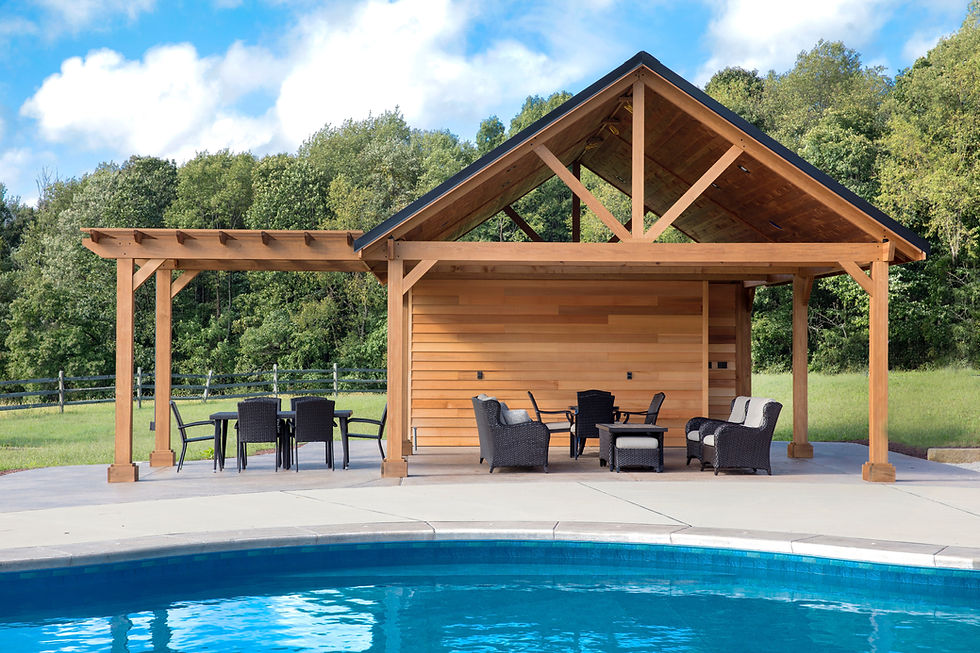
There’s more to your homeowner policy than just coverage for the house you live in. It also provides coverage for other structures on your property.
These may include all structures and buildings not sharing a foundation with your house. Most insurance policies provide 10 percent coverage for other structures. For example, if you insure your home for $200,000 an additional limit of $20,000 applies to all other structures. Remember that if you have a total loss, you don’t receive $20,000 for each structure, but $20,000 total for damage to all other structures. A large detached garage by itself can exceed this amount in many cases.
So how do you know you have appropriate coverage? If you have detached structures on your land, it is best to consult with your local independent insurance agent to discuss options. A pool house, large barn, garage with living space, fence, freestanding deck and stable may fall into different categories, and your agent can help make sure you have the correct coverage to protect you in the event of a total loss. While the chances of losing all your other structures at one time are small, you want to secure enough coverage to protect your investments. You may need more than the 10 percent standard coverage for appurtenant structures. Also consider that many different types of structures could qualify for coverage on your policy, and it’s important to select the correct category based on usage. Your agent can advise you on the information you will need to provide to obtain the coverage that’s right for your situation.
A good example is a barn. Barns can be built in many different ways from a variety of materials. By providing accurate information on usage and construction, you can be assured that your property is protected. If your other structure is being rented, is used for a business or was not reported, you are most likely not adequately insured. Your agent has the expertise to guide you.
Finally, don’t forget to assess how much insurance protection you need for personal property housed in your other structures. For example, a home woodshop in your barn could have valuable equipment you’ll want to protect. Ask your agent for advice.
The best way to look at it is to think of insuring your other freestanding structures the same way you would your home. You want 100 percent coverage for each structure in the event of a loss. Replacement of these structures is typically less expensive than a home, but those costs can add up and represent a significant loss.


Commenti